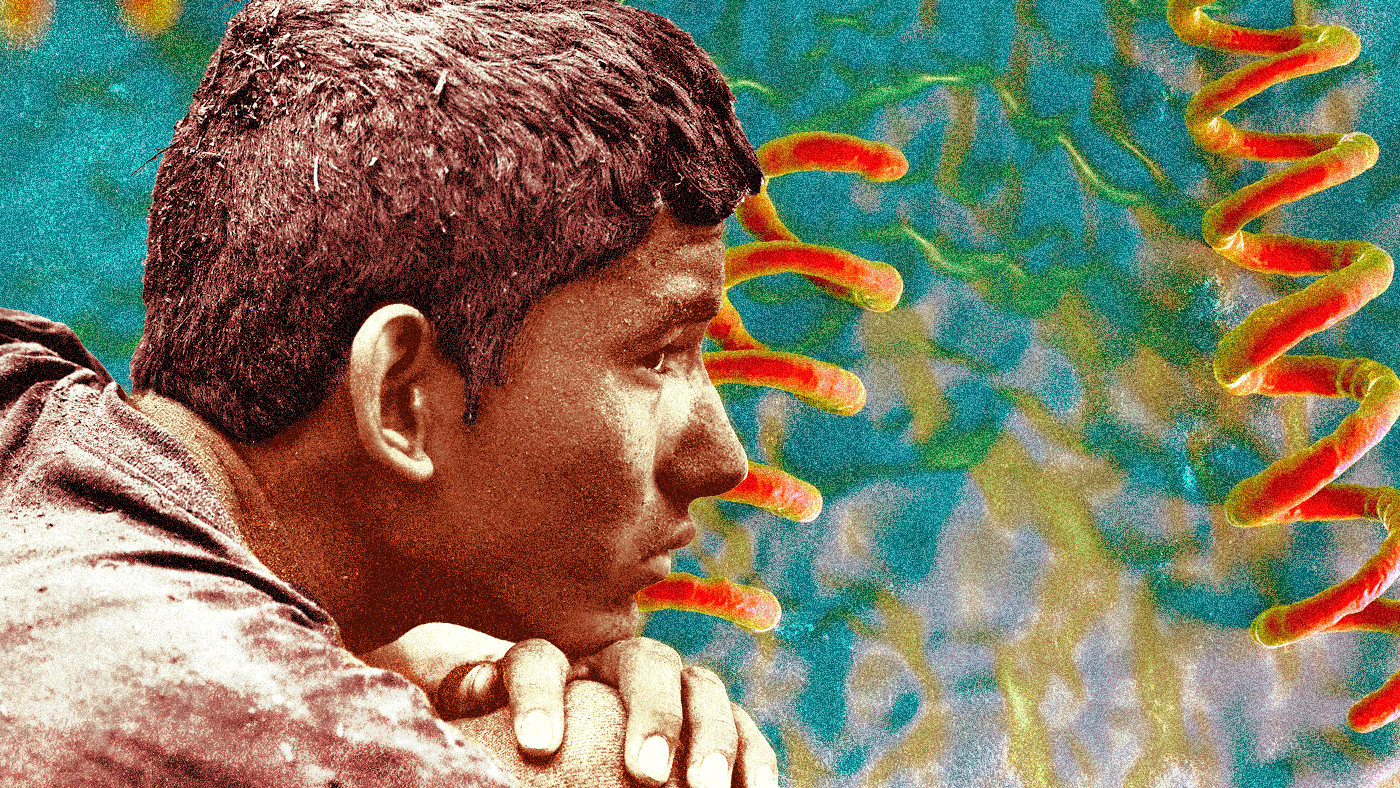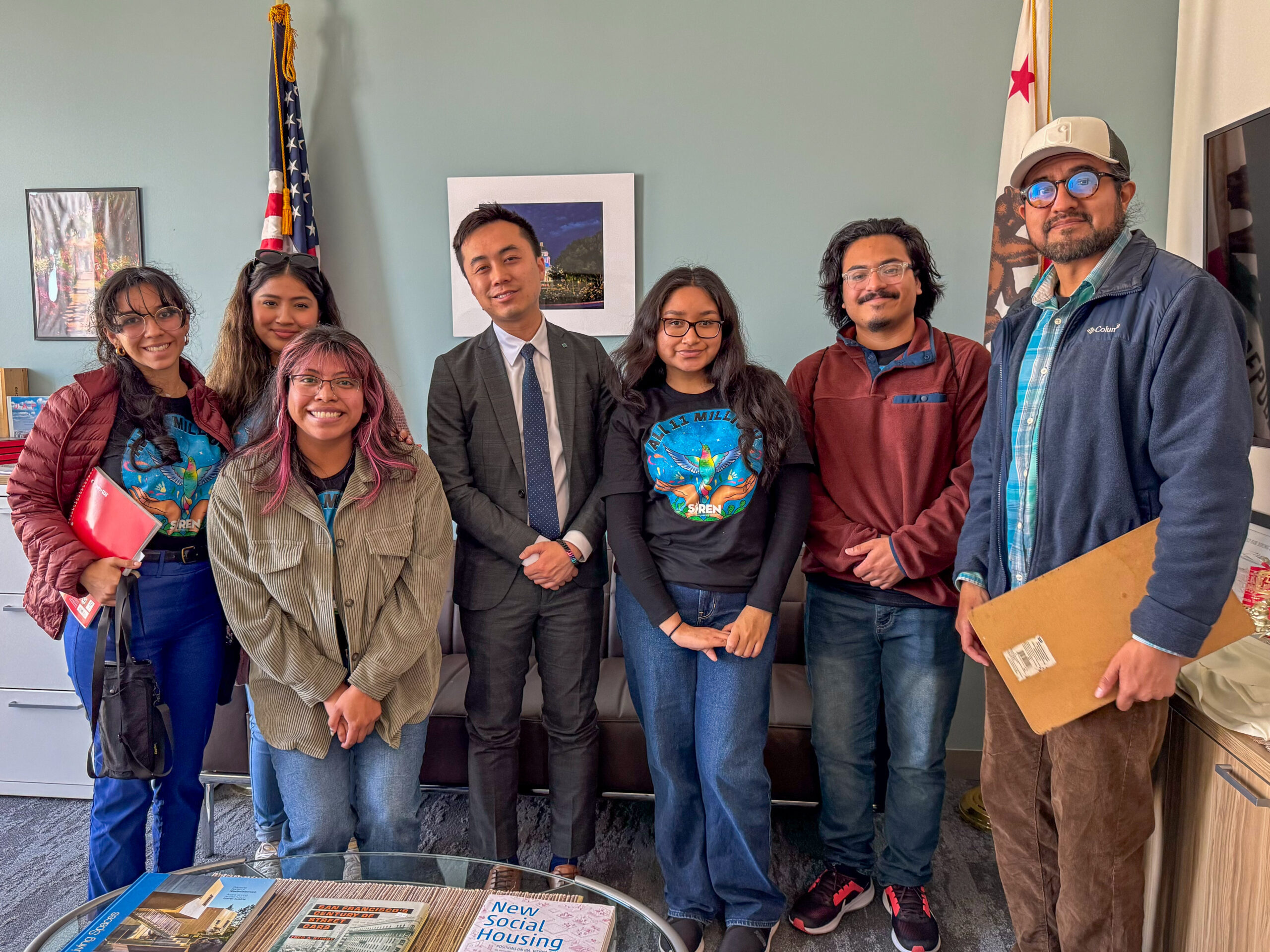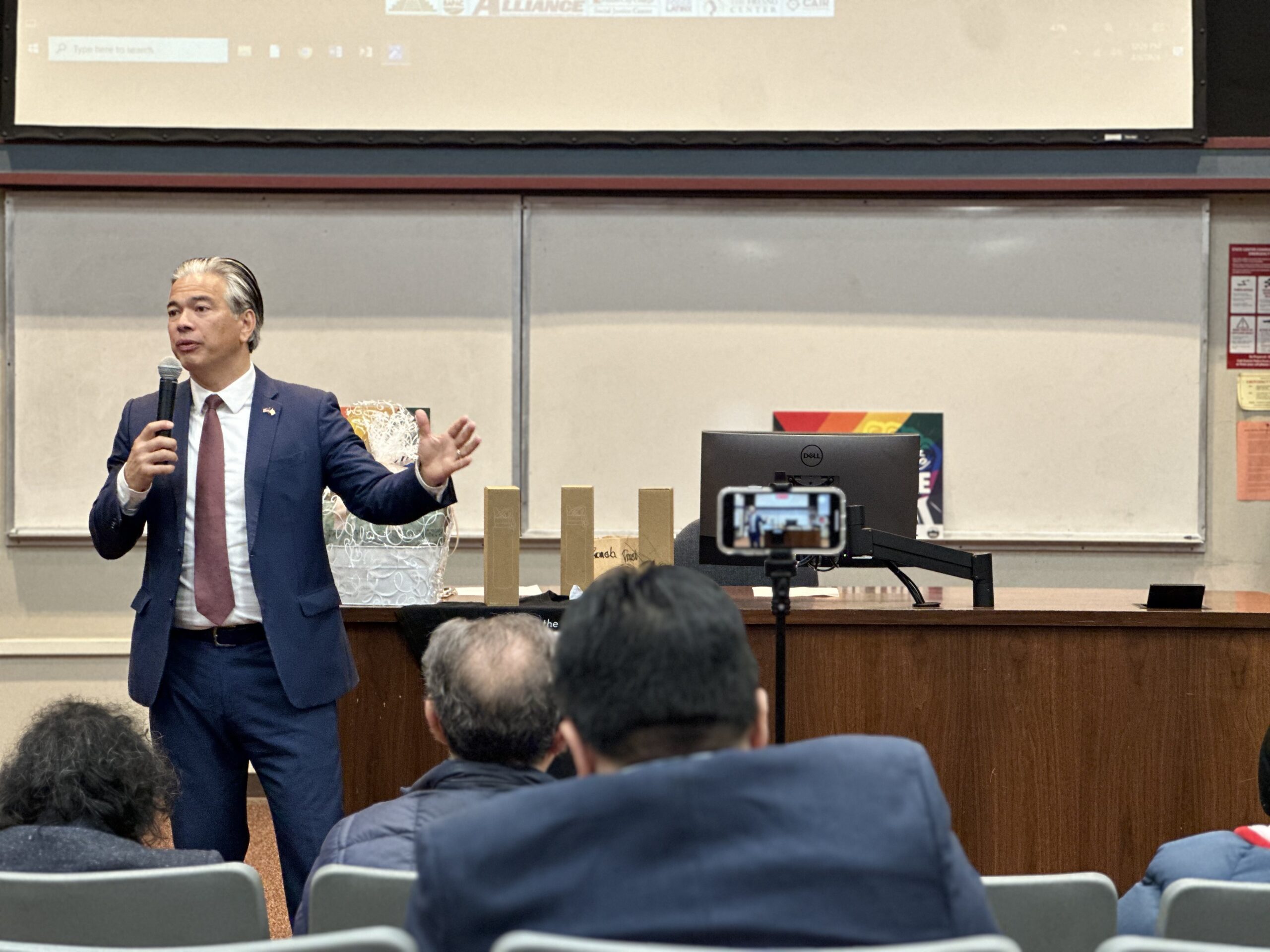
Originally published by Fusion.net
By Betty Marquez and Kody Stoebig
Until 18-year-old college student Monica Valera spoke to Fusion three weeks ago, she knew nothing about where to get tested for sexually transmitted infections in her hometown of Shafter, a small agricultural community just outside of Bakersfield, CA.
Valera, who is undocumented and had no health insurance prior to enrolling in her university health plan last year, soon learned that there was only one place she could go in her immediate area for free or low-cost STI testing.
“I didn’t know we had a Planned Parenthood in Bakersfield,” Valera said. “I don’t even think people here know what Planned Parenthood is.”
When Valera turned to ask her 17-year-old brother if he’d heard of Planned Parenthood, the widely-known reproductive health care provider, he confirmed that he’d never heard of the clinic, and asked if they only offered services to girls (they serve all genders).
When it comes to STIs, teens and young adults are disproportionately impacted—young people 15 to 24 years old account for half of the 20 million new STIs in the U.S. every year, according to the Centers for Disease Control and Prevention—and in Kern County, where Valera lives, STI rates are especially high. The chlamydia rate has tripled there over the last 20 years, and today the county has the highest number of reported chlamydia and congenital syphilis cases in California, according to stats compiled by the Kern County health department. Kern also ranks third in the state in reported cases of gonorrhea.
Federal health data suggests that the risk of contracting chlamydia and other STIs is even greater for Latinos in Kern, who make up just over half of that county’s population. The chlamydia rate among all Latinos nationally was found to be more than double the rate among whites, according to the CDC.
Residents and health experts we interviewed in Kern County say that access to STI testing, prevention and treatment can be especially difficult for Latinos who are undocumented, due to lack of insurance, transportation, or fear of being discovered.
“If you’re undocumented, it becomes this total mission to actually go to the doctor, because then you have to miss a day of work, find transportation, go back for medicine and things like that,” said Loany Villegas, a 24-year-old college student. “It becomes 10 times more complicated than if you’re documented and you have those resources more available.”
There are an estimated 75,000 undocumented people living in Kern County, many of whom are uninsured. In California, undocumented adults are ineligible for full scope Medi-Cal, the state version of Medicaid. And while the state extended low-cost health care to undocumented minors earlier this year, many young undocumented people remain uninsured.
“The first time I got tested was [in college] because it was free and I knew where it was and it was quick,” said Valera. “I wouldn’t go (get tested for STIs) here in Shafter. I wouldn’t want to ask my mom to give me a ride over there. And I’m just afraid of the treatment that I would get as an undocumented person. People here are very very racist and mean. It’s very conservative.”
Cecilia Castro, 25, a substitute teacher from Bakersfield who is also undocumented, speculated that a lack of comprehensive sex education in schools may be contributing to the high STI rates in Kern County.
“They do tell you about sexually transmitted diseases (in school), but they don’t tell you what you can do,” Castro said. “They don’t tell you where you can go get tested or what you can do to prevent it.”
Moises Duran, a youth organizer with both the Dolores Huerta Foundation and the Gay and Lesbian Center in Bakersfield, agrees.
“I blame the lack of sex education in the schools and the fact that people are focusing on celibacy instead of teaching these kids what’s going on,” said Duran. “[Young people not knowing] how to protect themselves is one of the big factors of why we’re dealing with this.”
Comprehensive sex education was approved by voters in California and became mandatory in public middle and high schools in January this year, but it is still too early to tell how the new law is impacting STI rates among young people.
Natasha Felkins, a health educator at Planned Parenthood Mar Monte in Bakersfield, believes access to care will continue to be an issue, as long as undocumented residents in the county are forced to live in the shadows.
“Even if there are agencies with caring people who are able to provide answers, it’s really hard to feel comfortable as an undocumented child,” said Felkins. “The family is so used to having to keep the structure within the home and not inform other people of their status.”
Stigmas around sexual health, financial hardship within families, and physical isolation in rural areas are all factors that work against young, undocumented Latinos getting the care they need, said Felkins.
“We’re talking about outlying rural areas and it can be hard for [undocumented youth] to have transportation,” she said. “And if you live in that community, you don’t necessarily want to go to that health center and be surrounded by people that you go to school with, that you see on a daily basis.”
The political climate in historically conservative Kern County creates an added barrier. Conservative attitudes and religious beliefs held by many community members and public officials in the region, said Duran, contribute to a hostile environment for local young people who may be undocumented or identify as LGBT.
That hostility was on display at a Kern High School District board meeting last June, after the board of trustees voted to adopt an anti-discrimination law to allow transgender students to use whichever bathroom they identify with. During the meeting, some community members expressed indignation at the decision and clashed vocally with local LGBT advocates and youth who were on hand.
“I feel like that represents a lot of Kern County,” Duran said of the intolerance displayed by many community members during the meeting.
In such an environment, suggested Duran, undocumented LGBT youth face the risk of having both their sexuality and their citizenship status revealed and potentially attacked, simply as a result of going out to seek the health care they need.
Not surprisingly, said Felkins, there are many young people in Kern County who desperately need accurate information about reproductive health issues, but don’t feel comfortable seeking it out.
“I know the youth are hungry for this information,” Felkins said. “They ask a lot of questions and have a lot of misinformation because it’s a lot of peer to peer communication on things. The truth is, they want to know.”
To combat the lack of awareness and resources, Michelle Corson, the public relations officer for the Kern County Public Health Services Department said in an e-mail that the county recently rolled out a “Know Your Risk” campaign, which provides trainings and resources aimed at reducing STI rates in Kern County.
However, Corson said the county does not currently have any programs specifically for undocumented youth, and was unable to name any resources in the area that focus on that population.
If you live in Kern County and want information about how you can get tested for STI’s, you can visit http://kernpublichealth.com/std-services/ or Planned Parenthood in Bakersfield.
This content was made possible by a grant from The California Endowment and produced independently by Fusion’s Rise Up: Be Heard Journalism Fellowship.


